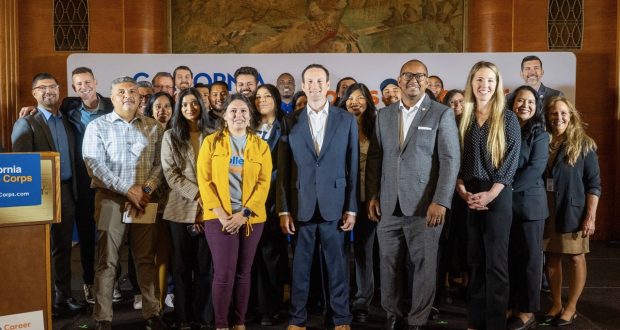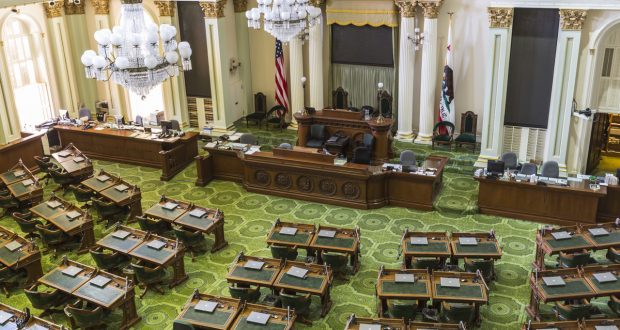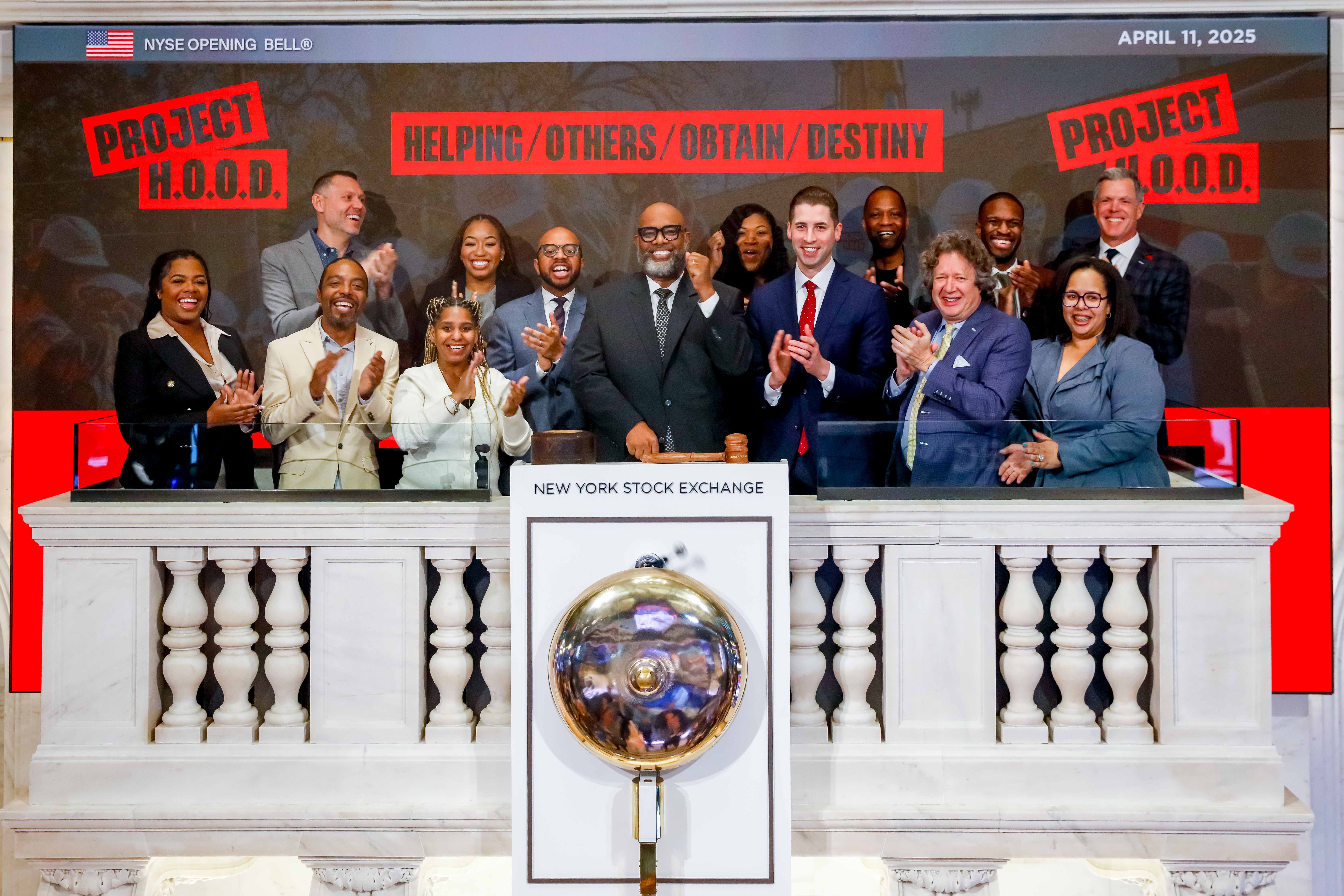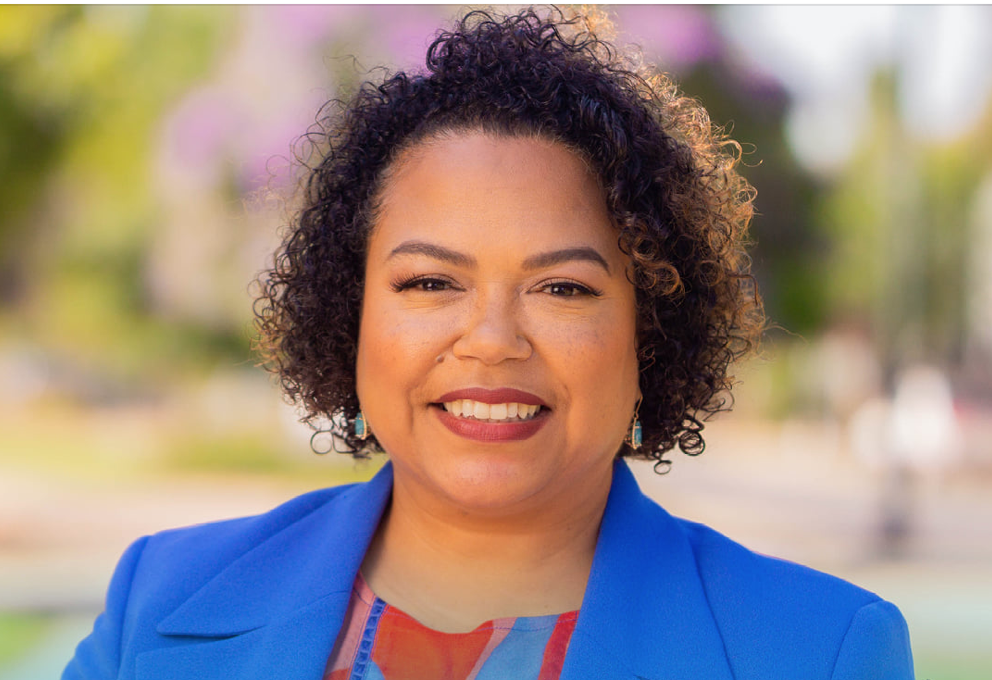By Bishop Kelvin Simmons
I’ll be honest. As co-pastor at Immanuel Praise Fellowship in Rancho Cucamonga, I had decided I wasn’t going to encourage my parishioners to get the COVID-19 vaccine until I was sure the vaccine was safe.
And I was not alone among my peers in the Southern California faith community. Dr. Andrea King, pastor at 16th St. Seventh Day Adventist Church in San Bernardino and a fellow member of Inland Empire Concerned African American Churches, felt the same way. We know all too well that Black people have been mistreated by doctors, scientists and others for generations. So, it’s no surprise that many of our brothers and sisters believe the stories circulating on social media making false claims about the vaccine.
However, the truth is that we have a life-saving vaccine that protects us against a virus that has hospitalized and killed far too many of us.
While hospitals are struggling to keep up with the number of unvaccinated people with severe COVID-19 illness, the FDA granted full approval last month of Pfizer’s vaccine for those ages 16 and up. It’s worth noting that emergency-use authorization also remains in place for the Moderna and Johnson & Johnson shots, as well as Pfizer’s for 12- to 15-year-olds.
Dr. King and I believe in being informed, so despite our reservations, we prayed about it and then we got educated. We connected with a group of Black and brown health care providers from nearby Loma Linda University School of Medicine. We fired question after question at them and talked about our suspicions and fears. We delved into how the vaccines were developed, how they work in our bodies, and the possible risks and benefits of getting vaccinated.
We recognized that these people, who look like us, are the real experts. We trusted them to tell us the truth.
When I learned that people with immune system disorders can be fatally impacted by the virus, I thought of my only child, who has lupus. I asked myself, “How can I be out engaging with people and getting exposed to the virus unintentionally and then endanger my daughter?” For me, it was a real ‘Come to Jesus’ moment.
Soon, we were hosting town hall meetings and vaccination clinics for our congregations and surrounding Inland Empire communities. We have educated hundreds of people through our town hall meetings, webinars, and a Black church summit on COVID-19 with Loma Linda University and county health experts. We have vaccinated thousands at more than 20 pop-up clinics.
When people ask me if I took the vaccine, I tell them, “Yes.” If they ask me how I feel, I say “good.” We cannot argue with the numbers. As an African American, we can’t argue that we are 12 percent of the U.S. population but 34 percent of those who have died of COVID-19, according to CDC data Think about it for yourself and the people around you.
Of course, there are those among us who still don’t trust the vaccine and still don’t want to take it. I pray about it. I tell them that I can’t make them get vaccinated, but I also try to help them understand that we must do better, especially when we have deathly ill children in hospital ICUs with the highly contagious Delta variant of the virus.
I urge my congregation and anyone who follows Biblical teachings to love their neighbor as they love themselves.
The virus itself is what it is. What is keeping COVID-19 around is the hardness of the heart of humanity. If everybody looked out for everybody else, and got vaccinated, we would be talking about something different. The virus can only do what we allow it to do. It’s not about the virus now, it’s about humanity.
Bishop Kelvin Simmons is co-pastor of Immanuel Praise Fellowship in Rancho Cucamonga, president of the Inland Empire Concerned African American Churches, and a member of Congregations Organized for Prophetic Engagement (COPE).
 Westside Story Newspaper – Online The News of The Empire – Sharing the Quest for Excellence
Westside Story Newspaper – Online The News of The Empire – Sharing the Quest for Excellence







